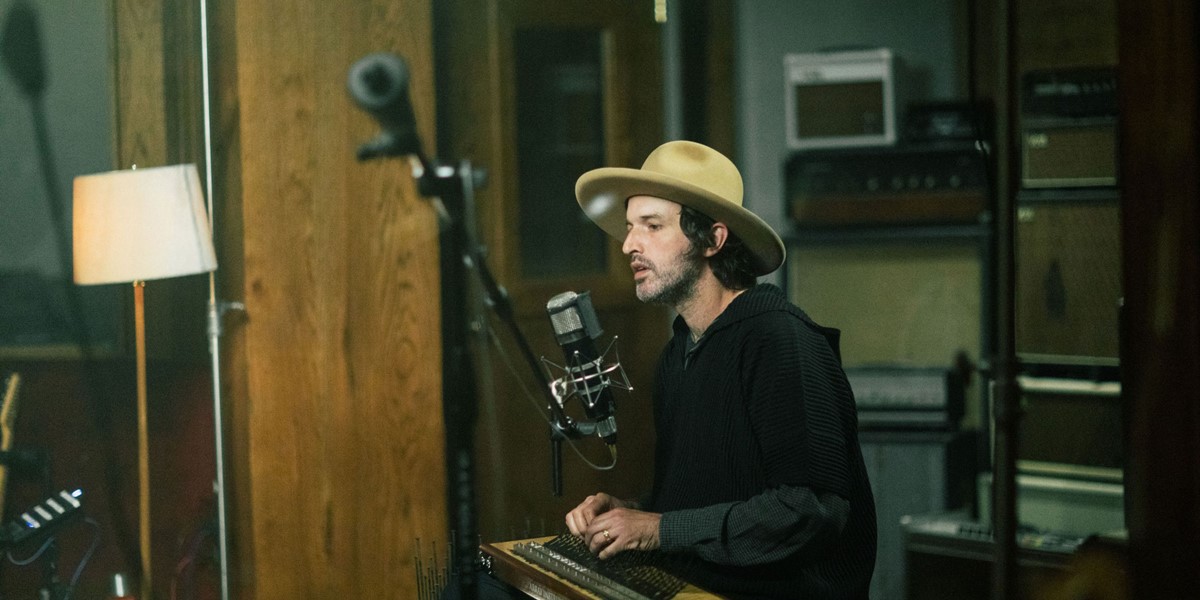Monday, October 18, 2021
“All my music still comes from my subconscious, without any intention” | Joachim Cooder interview
Joachim Cooder’s most recent album recasts cuts from banjo player Uncle Dave Macon for a new generation. Jane Cornwell follows the lauded multi-instrumentalist along the path to archival reinvention

Joachim Cooder (photo: Abby Ross)

Register now to continue reading

Thanks for visiting the Songlines website, your guide to an extraordinary world of music and culture. Sign up for a free account now to enjoy:
- Free access to 2 subscriber-only articles and album reviews every month
- Unlimited access to our news and awards pages
- Our regular email newsletters

